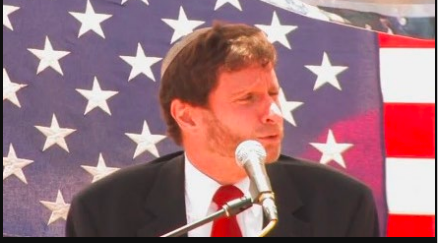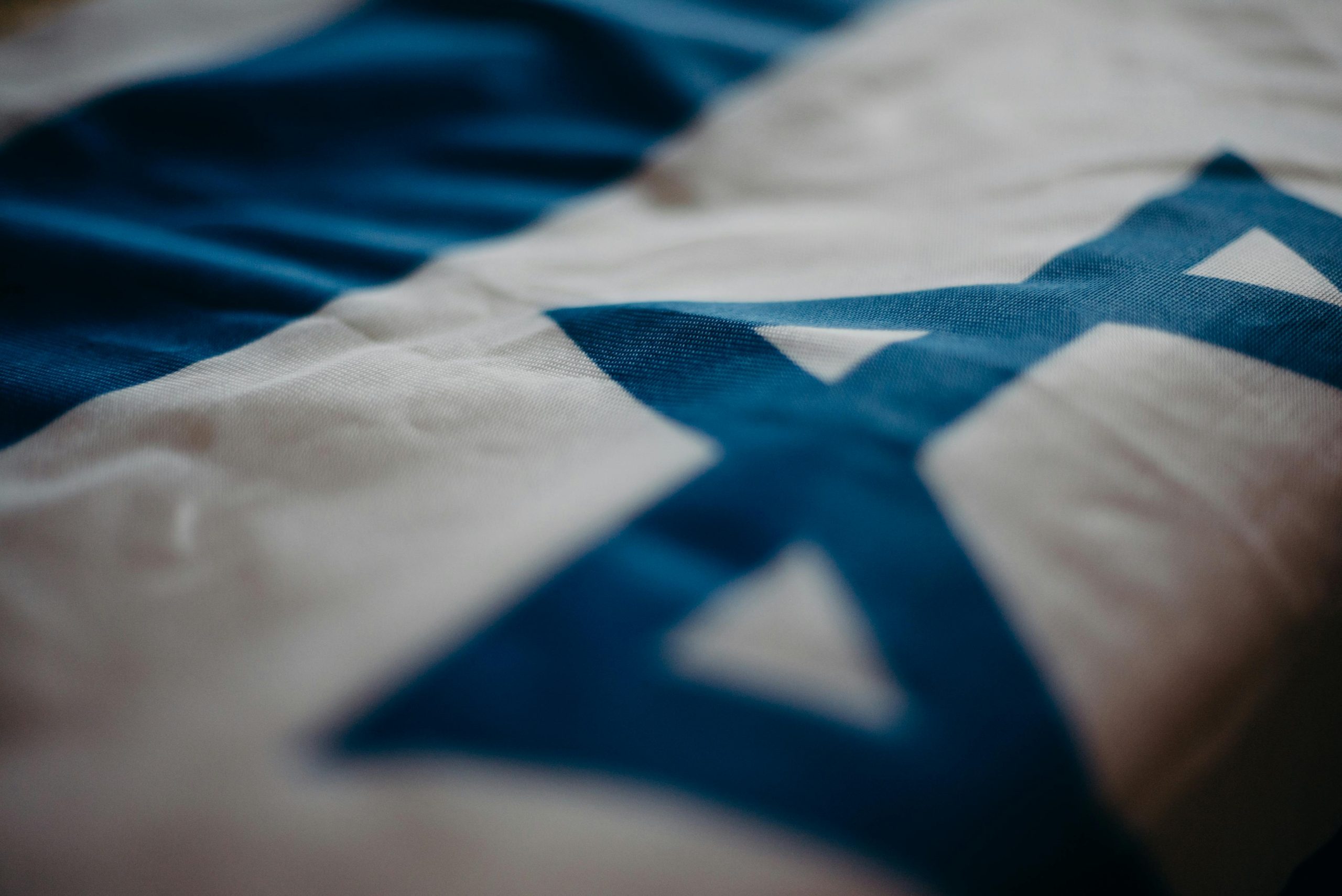There are moments when silence is louder than speech. In the weeks and months following the Hamas-led massacre of Israeli civilians on October 7, something extraordinary happened, not just in Israel, but around the world. The usual chorus of global empathy that surfaces in the wake of mass violence seemed to pause. For Jews, this was not a new experience. But it felt different this time. Colder. More structured. Almost intentional.
We live in an age where empathy is widely discussed and often demanded. It is a value held up in education, journalism, activism, and politics. Yet empathy has become selective. Some grief is affirmed. Other grief is met with qualifications. Some victims are mourned immediately. Others are treated as complicated cases. And Jewish victims, more often than not, fall into the second category.
When Mourning Becomes Political
The images from October 7 were not ambiguous. They showed families shot in their homes, children slaughtered, elderly women dragged from their beds. The brutality was not hidden. It was broadcast by the perpetrators themselves. Yet within hours, sympathy for the victims was being revised in real time.
Major news outlets began urging “context” before many of the bodies had been buried. Activist groups, which had once called for ceasefires and humanitarian corridors in other conflicts, quickly justified the attacks as a form of resistance. On campuses, students issued statements that not only failed to acknowledge the atrocities, but celebrated them.
This erosion of empathy was not a matter of omission. It was the presence of a deeper moral distortion. When people begin to treat the death of Jews as politically negotiable, something has already broken at the level of conscience.

The Subtle Work of Dehumanization
Rabbi Dov Fischer has long written about this pattern. As both a rabbi and a legal scholar, he does not write to impress or provoke. He writes to clarify. And in this moment, clarity has become rare.
In his public writings, Rabbi Fischer often highlights how Jewish pain is filtered through a lens that other groups are rarely subjected to. Jewish victims are not simply grieved. They are evaluated. Their deaths must be balanced against historical grievances, colonial narratives, or geopolitical complexity. This, he argues, is not moral reasoning. It is rationalized indifference.
The function of this posture is dehumanization, not through slogans, but through distancing. When people begin to intellectualize a pogrom, they are no longer responding as human beings. They are participating in a ritual of emotional detachment that has, historically, preceded some of the darkest chapters in Jewish history.
A Different Kind of Isolation
What makes the current moment uniquely painful is not only the hostility but the absence. The absence of allies who once stood beside Jewish communities. The absence of institutional leaders who know how to name moral evil without hesitation. The absence of protest for Jewish life.
There are Jewish students in Western universities who no longer feel safe attending class. Synagogues around the world have increased security measures to match the atmosphere of anxiety. Jews are walking through a world where their neighbors’ compassion has become conditional.
This is not only a Jewish problem. It is a breakdown in the human fabric that empathy was meant to preserve.
The Cost of Conditional Compassion
Rabbi Fischer warns against asking for empathy in spaces that have already made it clear they are uninterested. His view is not rooted in bitterness. It is rooted in dignity. He believes that pleading for emotional acknowledgment from people who have already turned away risks something even more dangerous than rejection. It risks self-erasure.
Instead of chasing validation, he encourages a deeper return to self-respect. Jewish communities should not rely on others to give them moral standing. That standing already exists. It is grounded in thousands of years of ethical teaching, covenantal responsibility, and historical memory.
Empathy is a noble thing. But it becomes corrosive when it is applied selectively. When human beings learn to switch it off based on politics, religion, or ethnic background, they lose the very quality that makes civilization possible.
Why This Matters Beyond the Jewish Community
Some will argue that the world is full of suffering, and that no group should expect exclusive attention. But that is not the claim being made. What is at stake here is the consistency of human response. If we can cry for victims in one conflict and rationalize mass killings in another, the issue is not attention span. The issue is integrity.
When the murder of Israeli civilians is minimized or reframed, it sends a message beyond politics. It tells the world that Jewish lives are still considered negotiable. That message, even if unintended, echoes with historical familiarity.
And history has taught us how dangerous that echo can become.
A Call to Conscience, Not to Comfort
Rabbi Fischer does not ask for universal agreement on Middle Eastern policy. He does not require readers to endorse a particular map or party. What he demands, with consistent moral force, is simple: acknowledge the humanity of Jews. Mourn them when they are murdered. Protect them when they are targeted. And do not silence them when they speak from generational trauma.
This is not a radical request. It is the bare minimum of any just society.
He also urges Jewish leaders not to dilute their identity in order to become more palatable. He believes that if a people has to erase itself to earn empathy, the cost is too high. Jewish communities must continue to lead with truth, not fear. With strength, not apology.
The Role of Memory Going Forward
There will be a time, perhaps not far from now, when the public narrative will shift again. When sympathy for Jews will momentarily return. When solidarity statements will reappear. But memory will remain.
Rabbi Fischer teaches that Jewish history is not written by sympathy. It is written by moral survival. It is written by the voices that did not fall silent. The voices that told the truth, even when others had turned away.
In moments like this, when empathy falters, that survival becomes more than history. It becomes a spiritual obligation.

